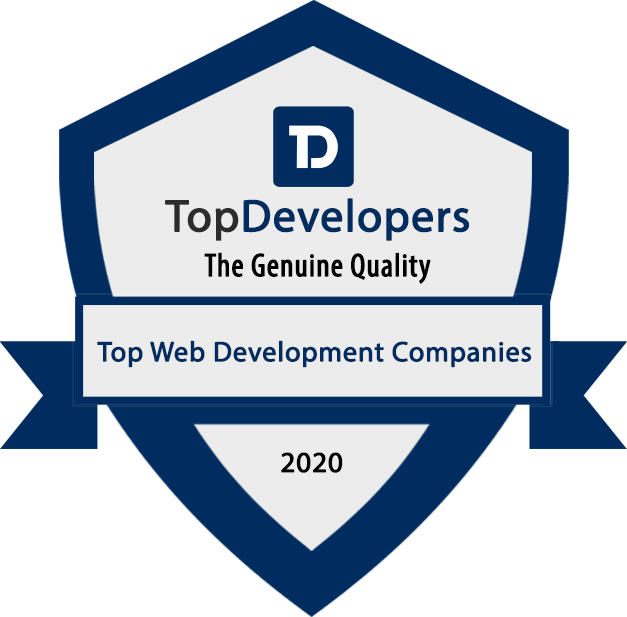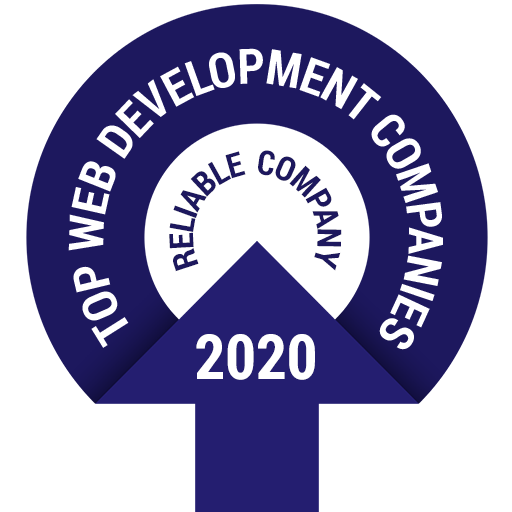PHP web development has always been a complex and time consuming task. But not anymore!
This is all thanks to high-end PHP frameworks.
Agile application development is now not only easy, but it is also faster.
These high-end PHP frameworks come to your rescue when time is a big issue and you want to implement those high-end functionalities in your application in the least possible time.
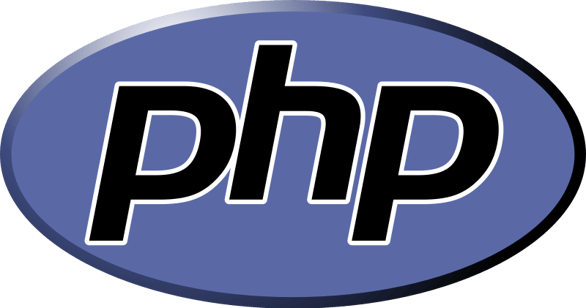
Image credit: Flickr
This is thus the time that you need to look at popular PHP frameworks.
Without any delay, let us take a look at the top PHP frameworks that would help you develop agile and secure applications.
Laravel
Packed with a lot of interesting features, a tempting engine and other development related stuff, Laravel provides your application with a reliable and tested environment.
Painless routing, a robust library and powerful ORM along with simple authentication are some of the features that make Laravel the first choice for developers.
- Allows you to easily manage third-party packages with its tool composer.
- Has an easy to comprehend syntax.
- Eliminates testing hassles with its built-in unit testing.
- Allows you to manage client and server routes through Restful routing.
- Provides you with the flexibility to craft enthusiasts’ small businesses into big enterprise applications all in one go!
Phalcon
Named as one of the fastest PHP frameworks that the industry has ever witnessed, Phalcon provides you with an array of features.
They include asset management, security and translations, which make it one of the most preferred MVC frameworks boosted by PHP.
Consider Phalcon to develop micro application and high-end MVC applications with multi modules.
- Easy to grasp and learn.
- More cost effective than other frameworks.
- Allows you to use selected objects or a whole framework due to its loosely coupled nature.
- Has a powerful design.
- Has neat API.
- Allows you to easily create software through the direct injection feature of Phalcon.
Symfony
Symfony 2 is another PHP framework that you can choose to build websites and web applications. Witnessing 1,000,000 downloads till date; Symfony is currently backed up by an amazing support of 300,000 developers.
- Allows easy configuration with event dispatcher and dependency injectors.
- Allows for easy customisation as per your needs.
- Allows you to deploy a micro framework and there is thus no need to deal with the entire framework.
- Is highly extensible.
- Validate roles easily and helps you boost productivity.
Yii
Yii is another high-performance framework. The beauty of this framework lies in its features that allow you to focus on the code while all the messy work can be managed behind the scenes.
Although many tasks in Yii are automated, you might still have to dig through the framework a bit more to know it inside out.
- Is equipped with a powerful caching system for loading the web applications quickly.
- Integrates with third-party codes easily. And, guess what, the codes from the Zend and Pear frameworks can also be used in the Yii web application.
- Is a highly secured framework. It boosts some advanced security measures, such as injection attacks, cross-site scripting and input validation.
- Has RBAC-based built-in authentication support.
- Is highly compatible with Ajax and jQuery which allows you to create highly scalable and versatile UIs.
- Can easily be integrated with both relational and non-relational databases.
Zend
Zend is the preferred PHP framework if you want to build a high performing web application. Packed with secure coding tools, the Zend framework showcases various important features, such as extensibility and modularity.
- Has highly deployable API-centric applications.
- Follows an agile design methodology.
- Has a drag-and-drop editor.
- Has instant debugging.
- Includes PHP unit testing tools.
Things to Keep in Mind While Choosing a PHP Framework
-
What do you expect from the framework?
Even though familiarity is an important element when choosing a framework, functionality should also be considered.
This is because a CMS might not be suitable for an eCommerce application. You must thus first relax and analyse your requirements. Only thereafter can you proceed to compare the myriad of options that are available to you.
-
What about the documentation?
Always choose and go for a framework that comes with a lot of documentation and training. You never know when you might need it!
No matter how much expertise you have in a framework, it always appears to be hazy six months down the line. Under such circumstances, documentation comes to the rescue.
-
Does the framework have an active user base and is it actively being developed?
Writing code that is not perfectly coupled with your chosen framework is time consuming.
At that time, you are left with only two choices: Stay with the framework and continue to do its maintenance all by yourself or simply do the coding again with a new framework.
Neither choice is favourable nor should you thus always take a look at the framework’s community and active user base before you settle on one.
Still puzzled about which one to choose for PHP web development? This table might help!
So, which framework do you plan to choose for PHP development?

Written by Tanya Kumari
Tanya leads the Digital Marketing Team at Classic Informatics, a leading web development company . She is an avid reader, music lover and a technology enthusiast who likes to be up to date with all the latest advancements happening in the techno world. When she is not working on her latest article on agile team dynamics, you can find her by the coffee machine, briefing co-workers on the perks of living a healthy lifestyle and how to achieve it.








.png)
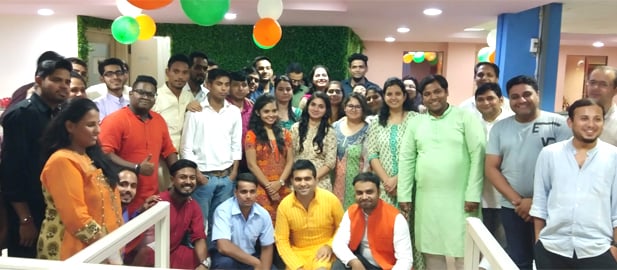
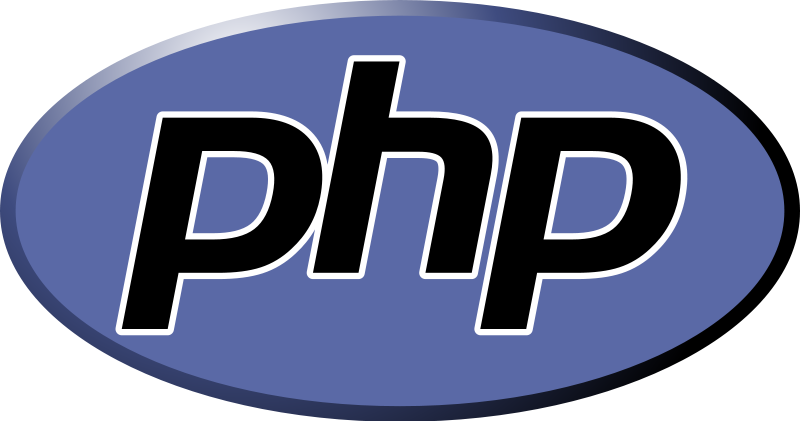

.png)





